In the dynamic and highly regulated healthcare industry, efficient contract management is critical to ensure regulatory compliance, improve operational efficiency and promote transparency in all business transactions. With constant advances in healthcare and the increasing complexity of commercial agreements, it is essential that organizations in the industry adopt modern contract management strategies to meet current and future challenges.
Contract management challenges in the healthcare industry
The healthcare industry is characterized by diverse contracts ranging from vendor agreements and service agreements to research and collaboration contracts. These contracts often involve multiple parties, complex clauses and critical deadlines. Some of the common contract management challenges in this industry include:
Regulatory compliance
The healthcare industry is subject to strict regulations, and any non-compliance can result in significant legal consequences. Contract management must ensure compliance with regulations such as HIPAA, GDPR and other data privacy laws.
Contract complexity
Contracts in the healthcare industry often contain complicated legal and technical clauses. Incorrect interpretation of these terms can lead to misunderstandings and disputes.
Manual process
Many organizations still rely on manual processes for creating, negotiating and signing contracts, which can be error-prone and time-consuming.
Strategies to optimize contract management
Taking a holistic approach to contract management can help overcome these challenges and improve efficiency throughout the healthcare supply chain. Here are some key strategies:
Process automation
Implementing contract automation solutions streamlines contract creation, review and approval. This not only reduces errors, but also speeds time to market and improves operational efficiency.
Compliance management
Use contract management tools that include specific functions for regulatory compliance. This ensures that all contracts are aligned with relevant regulations, reducing legal and financial risk.
Data centralization
Consolidating all contracts in a centralized repository facilitates fast and secure access to contract information. This is crucial for informed decision-making and proactive risk management.
Enhanced collaboration
Facilitate collaboration between all parties involved in the contract lifecycle. Cloud-based contract management platforms enable real-time collaboration and process visibility.
Artificial intelligence and analytics
Incorporate technologies such as artificial intelligence and analytics to analyze large contractual data sets. This can provide valuable insights into trends, most-negotiated clauses and areas for continuous improvement.
Tangible benefits
By implementing modern contract management strategies, organizations in the healthcare industry can achieve tangible benefits, such as:
Reduced costs:
Fewer errors and more efficient processes lead to lower operating costs.
Improved compliance:
Ensure regulatory compliance and reduce associated risks.
Business acceleration:
Streamline negotiation and signing processes to shorten time-to-market cycles.
Transparency and visibility:
Increased visibility into contracts for more informed decision making.
Optimizing contract management in the healthcare industry is essential to meet evolving challenges. Those organizations that adopt modern technologies and strategic approaches will experience not only improved operational efficiency, but also a significant boost in their ability to deliver quality healthcare in a highly competitive business environment.










